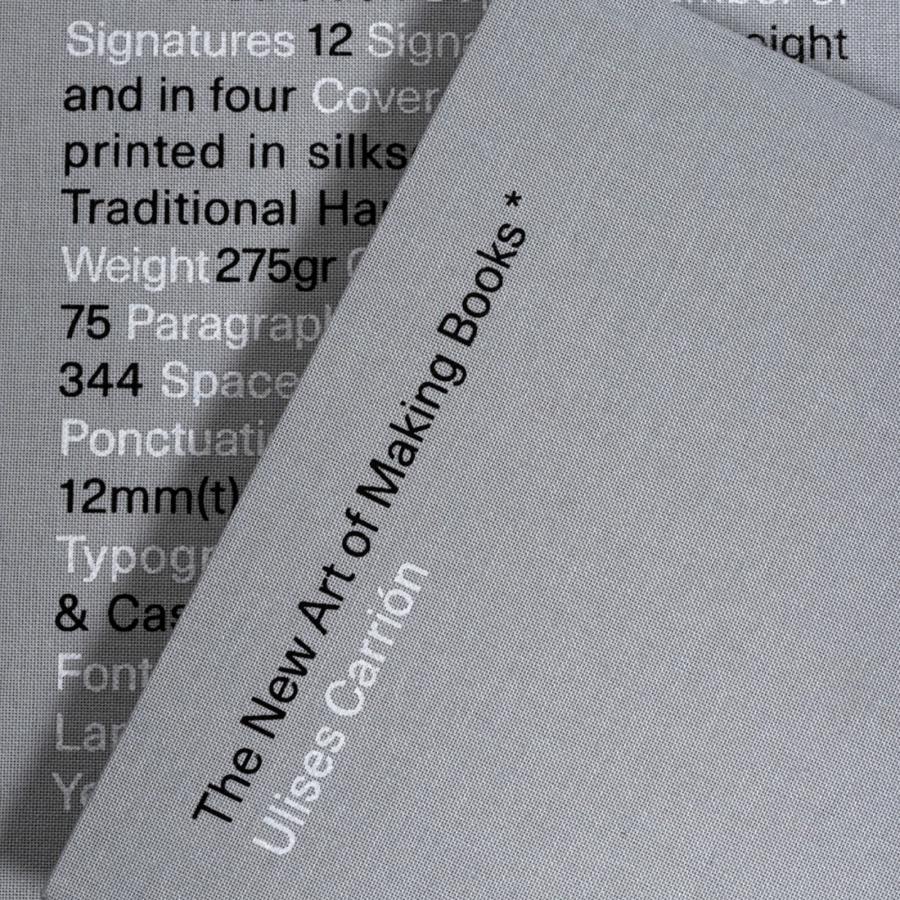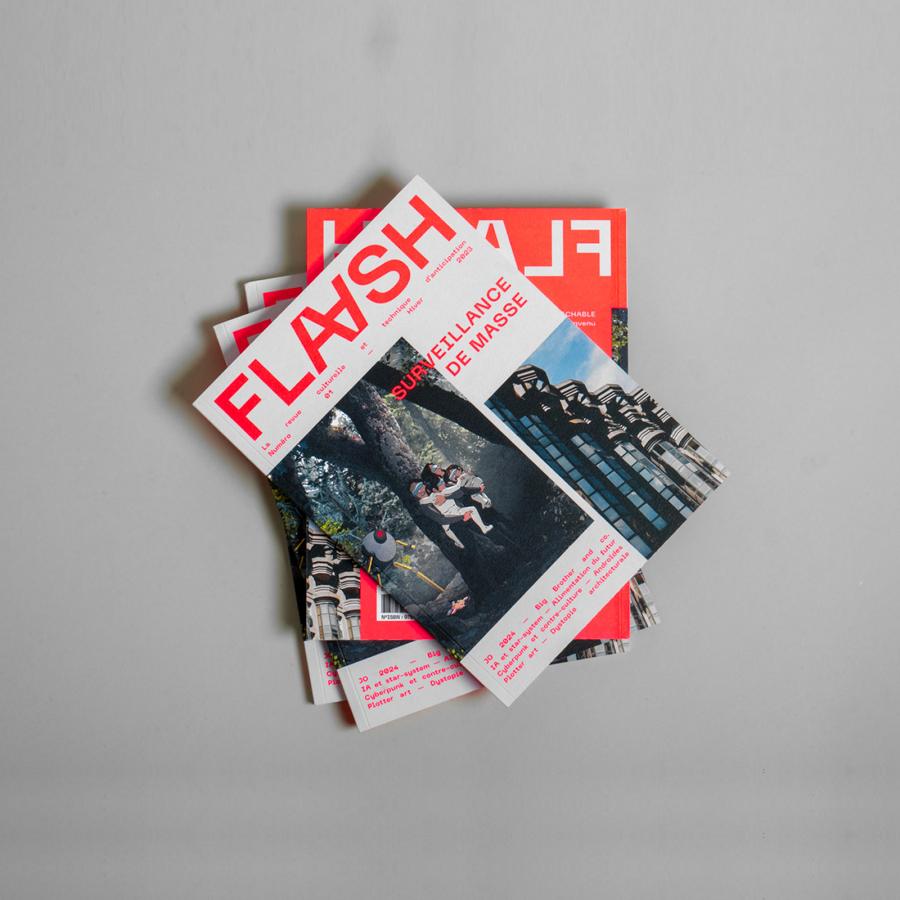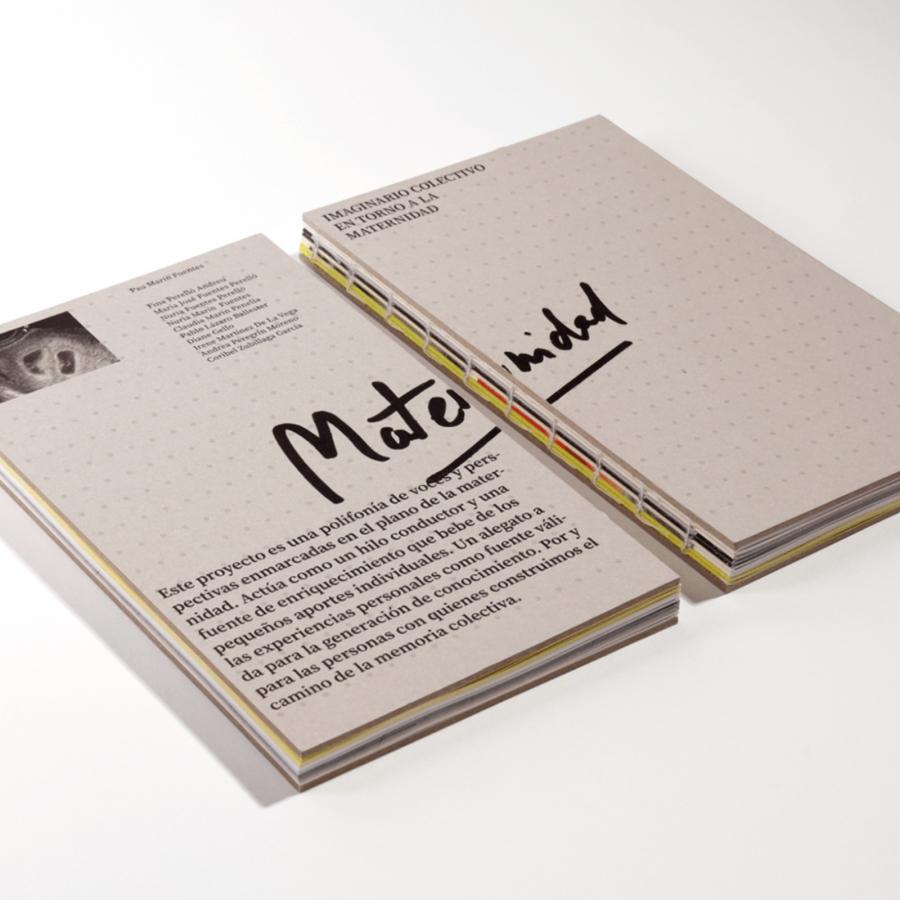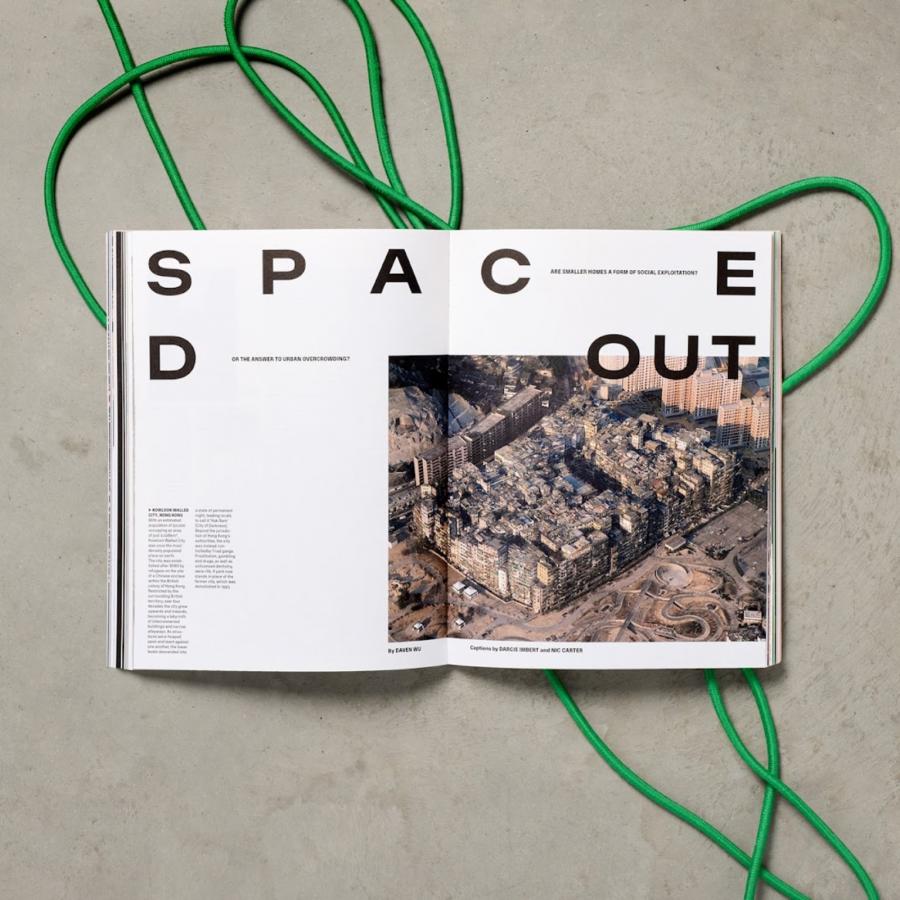by abduzeedo
Tom Silver and Adam Greenhalgh shared the CULTURAL BULLETIN ISSUE E - VAGUE NEW WORLD. Identity, whether individual, shared or otherwise is inextricably tied to place – the two are connected on both the micro and macro level. Throughout Issue E, we look at various situations in which place informs identity: the identity of a culture, the identity of a building, the memories of an individual, the history of a movement, the collective identity of a species in relation to climate change and the subdivisions that occur when trying to address it.
We begin in Calais as a starting point for discussing the wider refugee crisis in the world. Insight is gained into the lives of people who are displaced, having left their homes and generational history behind in a desperate hope of finding a new place. Art historian Andrew Graham-Dixon looks at “multicultural masterpiece”, Monreale as an unlikely symbol and metaphor for a positive, creative outcome that can occur when differing cultures collaborate.
Writer Ry Clarke analyzes musician Actress' album Ghettoville as a way to understand how the erosion of a sense of place dislocates people from the cultures they created for themselves. In this instance, the article focuses on the white-washing of techno, a historically Black movement.
Jung Ah Hwang’s images, which are featured on the cover and throughout the issue, stem from a project called Dead Letter. Hwang, having moved home frequently as a child, explores the connection between the fading memories of places once they have been left behind and/or demolished and the impact that has on ones identity.
Editor Tom Silver’s article Stichting Kriterion: More Than Cinema, documents the student led cinema and movement that saved thousands of Jewish lives. It was an instance where the definition and identity of a place was greatly shifted and repurposed due to extreme circumstances.
A final narrative that runs through the magazine is the most elemental relationship between identity and place: humans and earth. Karina Castro’s images document the human domination of Earth’s landscape. Finally, Abigail Allan’s piece explores how the UK class system plays a part in shaping the population's sense of identity with relation to climate change.
For more information and to purchase Issue E check out https://www.culturalbulletin.com/magazine/issue-e







